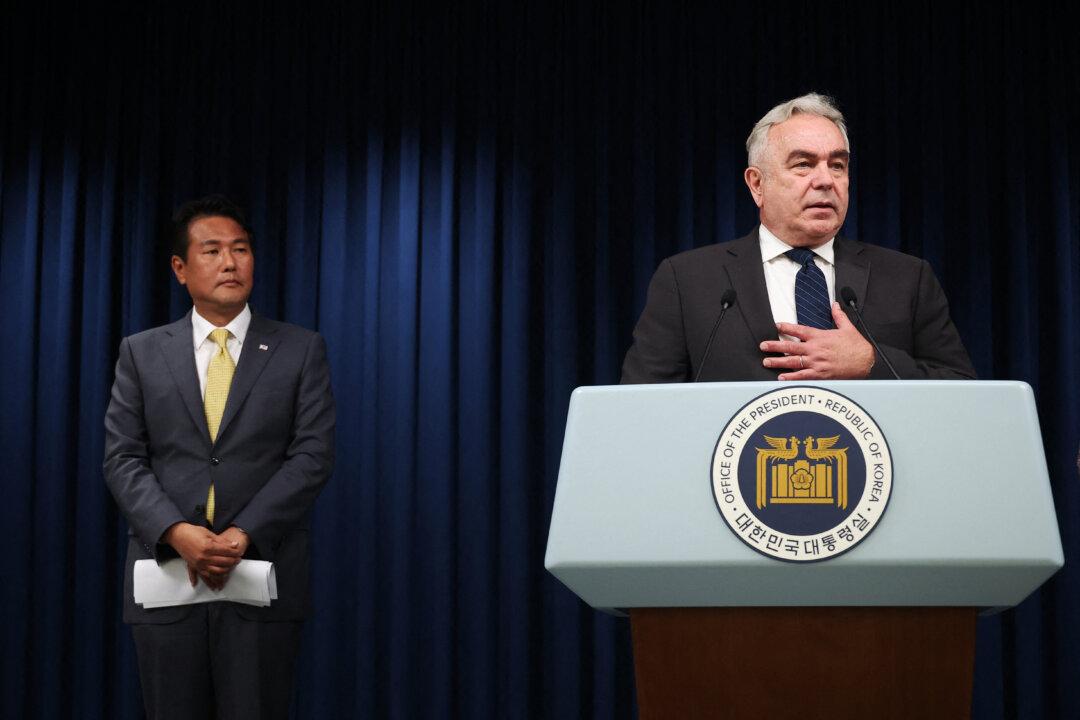U.S. Deputy Secretary of State Kurt Campbell will travel to the Pacific island of Tonga next week to lead the U.S. delegation to the 53rd Pacific Islands Forum (PIF) leaders meeting and promote U.S.–Pacific partnership goals.
After his Aug. 28 visit to Tonga, Campbell will visit Vanuatu to dedicate the United States’ newest overseas mission, Embassy Port Vila. On Aug. 30, he will visit Auckland, New Zealand, to co-chair the United States–New Zealand Strategic Dialogue and hold talks on technology.





